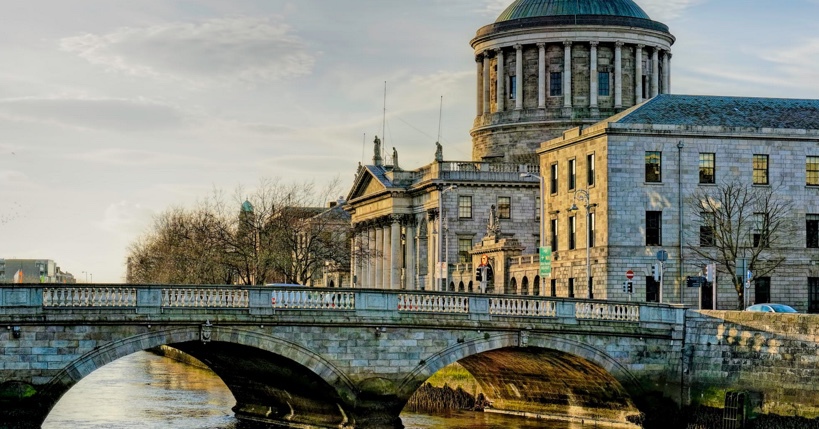An impecunious party
- By James Ferguson
When I, good friends, was called to the bar, I’d an appetite fresh and hearty, But I was, as many young barristers are, An impecunious party.
WS Gilbert, Trial by Jury (1875)
The Supreme Court in Dublin recently considered the question of security for costs from an “impecunious party.”
Background
It is alleged that PwC was in breach of contract and negligent in giving unqualified assurances on the books of Quinn Insurance Limited (QIL) for 2005-2008.
It was accepted that QIL would not be able to meet the costs of PwC, should such an award be made at the end of proceedings. PwC had established an arguable defence. The question for the Supreme Court was, therefore, whether there were any “special circumstances” to justify not requiring security for costs.
One such consideration was whether the impecuniosity or inability to pay was because of the alleged wrongdoing of PwC.
Judgment
…just as the cost of bringing certain types of proceedings may prove a barrier to those who might have a good claim being able to vindicate their rights, so also can the cost of defending proceedings be a barrier to the rights of defence.
Clarke CJ
The burden of proof was on QIL. A mere assertion would not suffice. Evidence, such as the disclosure of accounts, was needed. The Chief Justice noted that:
…parties are required to put their cards on the table if they want the Court to take a particular factor into account
This applied to all parties and the failure of the Defendant to disclose what insurance provisions they had in place was noted. A distinction was drawn between an impecunious plaintiff and an insolvent one, where the former would not be able to meet an order for costs should on be made irrespective of its solvency.
The Supreme Court took the view that where proceedings are likely to be very expensive and protracted, a staged or phased approach for securing costs might be appropriate. This would allow the question to be revisited as various milestones in a case. The default position would remain that fully security should be provided with the Court permitted to depart in cases where it considers it necessary and appropriate so to do to minimise the risk of injustice.
In cases where causation of impecuniosity is not established, the Court should still have regard to the balance of risk of injustice and ‘public interest special circumstances’ where the requirement of security for costs might otherwise stifle proceedings.
The Supreme Court was not, however, satisfied that the QIL case would be stifled by an order for security, and it was not necessary to determine whether the threshold would be met for ‘public interest special circumstances’.
Comment
Security for costs is a well establish weapon in the armour of defence litigators. This case presented an interesting additional factor with the suggestion that the position of the Plaintiff being unable to provide security was the result of the alleged conduct of the Defendant at the heart of the matter. Ultimately, it will be for a Plaintiff to establish any exception based on ‘public interest special circumstances’.
For more information about this article, or any other aspect of our business and personal legal solutions, get in touch.

